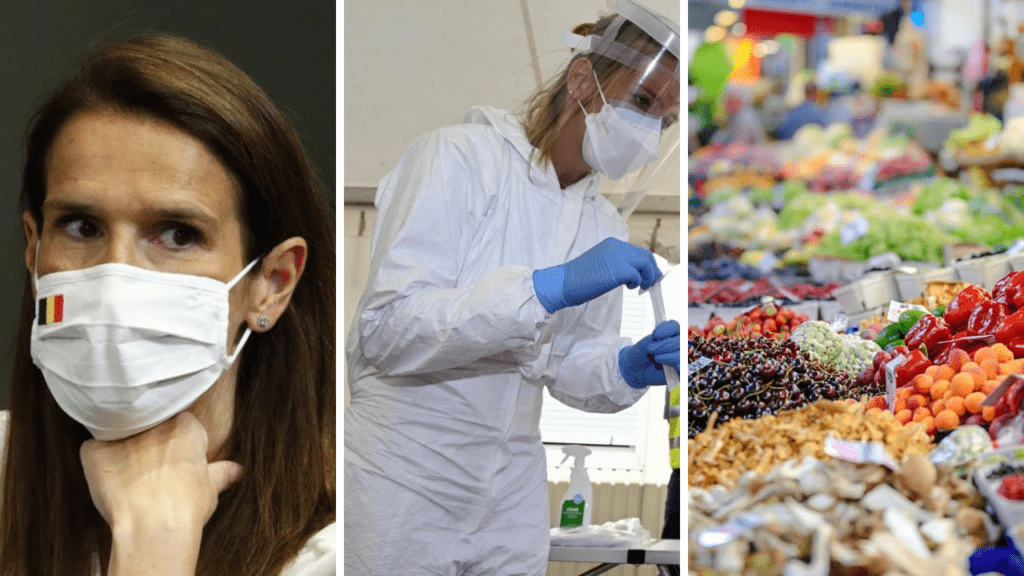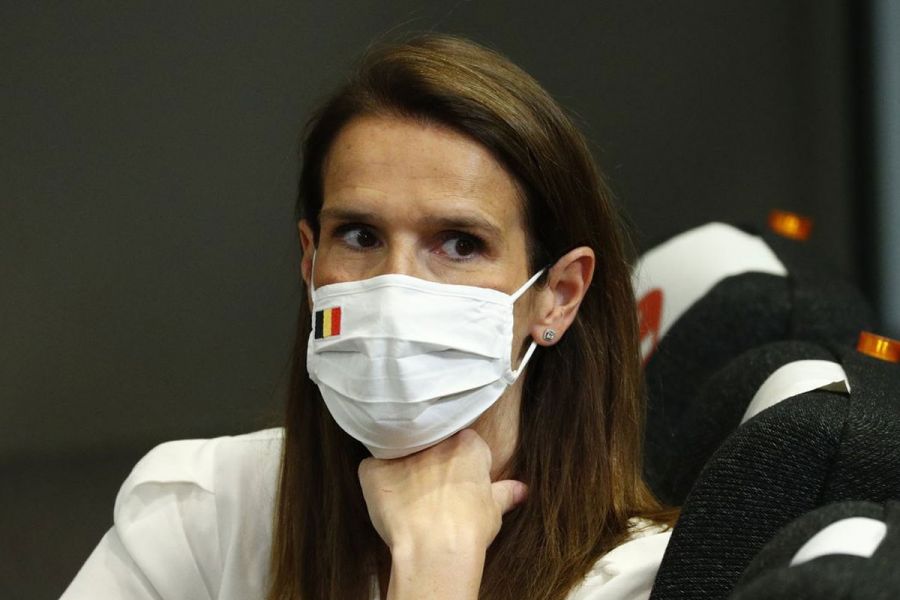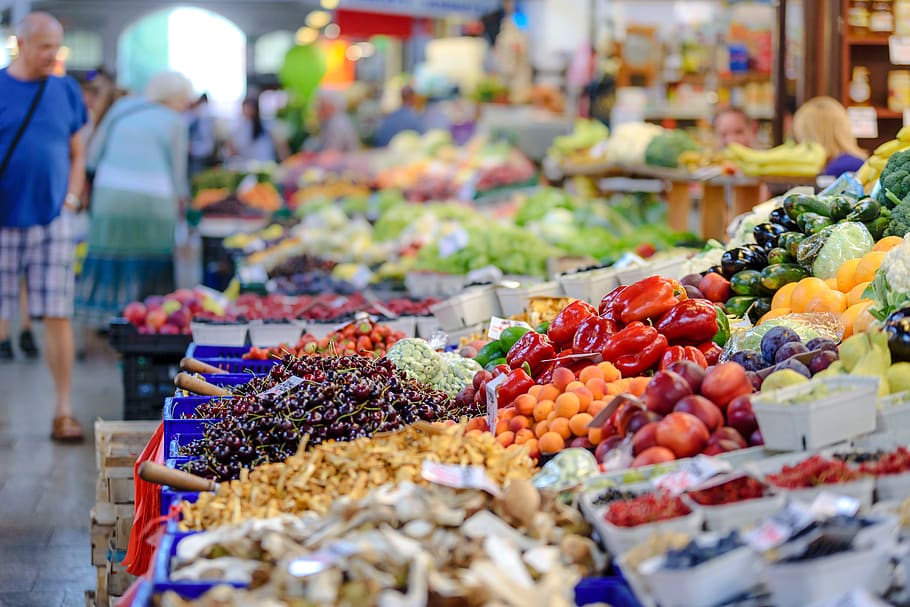It's already September tomorrow. Surprised how quickly that came about? I know we are.
As with the start of every month in Belgium, September brings a bunch of new changes to the country, ranging from new rules on hunting and a lower speed limit being pushed out in Brussels, to the news that retailers will no longer be able to turn a blind eye to customers using meal cheques to buy non-food items.
These changes also reach coronavirus measures within the country, with the announcement that there is no longer any obligation for people to wear face masks on the seafront along the coast, although a mask must be carried on the person. Carl De Caluwé, governor of West-Flanders, called on visitors and residents alike to observe social distancing.
For a recap on what else is changing, click here.
In other news, Brussels starts to show promising figures as the signs point a successful push back of the coronavirus this summer across the country, while the PM begins to consider her future.
Belgium in Brief is a free daily roundup of the top stories to get you through your lunch break conversations. To receive it straight to your inbox every day, sign up below:
1. Belgium’s average of new coronavirus cases falls to 430 per day
An average of 430 people per day tested positive for the new coronavirus (Covid-19) in Belgium during the past week, according to the latest figures by Sciensano on Monday.
The trend of new infections per day decreased by 14%, over the 7-day period from 21 to 27 August. The average number of new confirmed coronavirus infections in Belgium is continuing its decreasing trend. Read More.
2. Wilmès ready to resign without majority backing
Prime Minister Sophie Wilmès is ready to resign if she doesn’t re-obtain the confidence of a majority in Parliament, she explained on Monday.
“If all the parties express that they do not wish to renew confidence in the government, we must take responsibility. I don’t have a problem doing that, it’s democracy,” Wilmès said. Read more.
3. Coronavirus: Belgium will now update travel guidelines every Wednesday
The weekly update of Belgium’s coronavirus travel advice will now be issued mid-week in order to give people more space to organise potential last-minute weekend returns.
Foreign Affairs Minister Philippe Goffin announced the changes on Saturday, following calls from the industry for authorities to give more leeway to travellers navigating shifting country situations. Read more.
4. Belgian groceries up to 10% more expensive due to pandemic
The government bureau for statistics, Belstat has shown that prices have risen by up to 10% as a result of changes to consumer behaviour and supply chain during the pandemic.
Increases have been recorded for fruit (+10%), fruit juice (+9%) and vegetables (+5%). Similar increases were seen for products like breakfast cereals (+8.6%), ice cream (+7.6%), fish (+5.5%) and meat (+3.3%). Read more.
5. Belgium’s collective efforts this summer are paying off
The collective efforts of the population in Belgium to push back the coronavirus this summer have made a big difference in the falling number of new infections per day, health officials said during a press conference on Monday. Read more.
6. Brussels records drop in new weekly cases at the weekend
The average number of new weekly coronavirus infections in Brussels dropped for the first time in days during the weekend, figures show.
On Sunday, the weekly average of new infections stood at 112 per day, down from the 130 recorded late last week, a drop of around 13%.
With the drop in new cases, the number of municipalities above the new-case alarm threshold set by regional officials has also dropped from 13 to 12. Read more.
7. Brussels moves to ban dolphin keeping in the region
The Brussels government has announced that it is working on a ban on the keeping of cetaceans and marine predators on the territory, responding to changing opinions over animal welfare. Read more.
Jules Johnston
The Brussels Times



